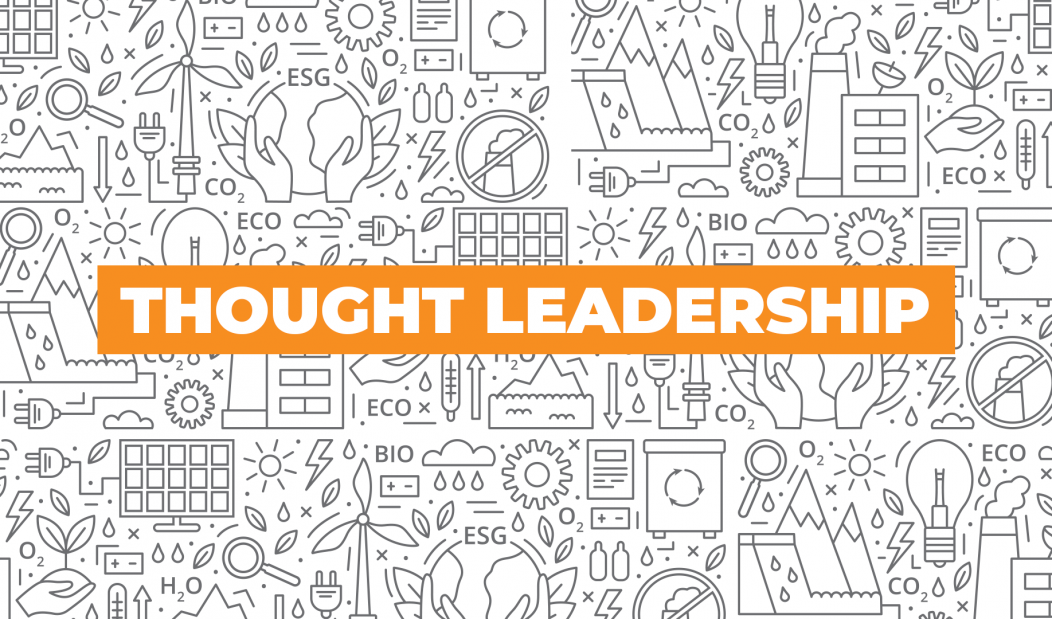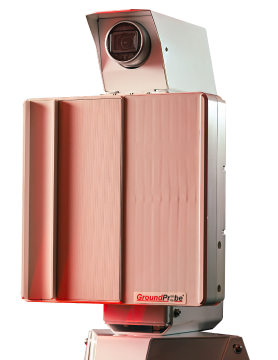Safety, Sustainability and Social License – The 3 S’s in Mining

 GroundProbe CEO, David Noon
GroundProbe CEO, David Noon
GroundProbe is a technology leader specialising in sensors and software for measuring and monitoring geohazards. While technology innovation is what we do, more importantly, the output of our efforts contributes towards mining’s 3 S’s: Safety, Sustainability, and Social License.
Safety
“Making Mining Safer” has been GroundProbe’s catchcry and vision statement since we introduced the Slope Stability Radar (SSR) as a safety critical monitoring system for open-pit mines to the market in 2001.
Thanks to the global adoption of slope stability radars and the diligent interpretation and proactive responses by geotechnical engineers, there is no question that the safety of people working around pit slopes has improved.
I witnessed an example of how GroundProbe truly made mining safer at our booth at the 2016 MINExpo International in Las Vegas when a father and son approached and said, “I just wanted to thank you. Because of your technology, I was pre-warned about a slope collapse at mine I was working at in Africa. Had it not been for your technology, I would not be standing here with my son.”
Fast forward 22 years, and thanks to our technology, numerous lives have been saved and will continue to be saved. Although our technology suite has changed over the years, our strong focus on keeping people and communities safe has remained and will remain the same.
Sustainability
There will always be a need for the mining of resources, including future-facing commodities such as copper, cobalt, nickel, lithium, and manganese, not to mention cleaner coal and uranium, and materials for construction, such as iron ore and aggregates. Gold is also becoming increasingly valuable to the stability of financial markets.
However, it is only through a policy of sustainable practices that we can mobilise the world’s resources to enable electrification, energy security, and sustainable development and construction.
Today, with the near-universal incorporation of real-time monitoring to improve safety, our challenge as a leader for the future is to develop a more sustainable approach to help mines to reduce the impact of operations on landscapes and local communities.
Real-time slope monitoring with trigger action response plans and other operational disciplines have become key controls that enable high-performance, acceptable risk slope designs, and their subsequent implementation. The many benefits include the economics of optimised slopes (minimised disturbed mining footprint, billions of dollars saved), the reduction of waste stockpiles and tailings dams, and lessened carbon emissions from mining overburden waste.
GroundProbe is consistently developing strategies to streamline our operations with sustainability top of mind. We are constantly searching for ways to efficiently use natural resources to minimise our environmental footprint and how to make our technology ‘greener’ and more sustainable.
Fast forward again 22 years from now, I earnestly believe that GroundProbe’s new vision statement and catchcry of “Empowering Safer and More Sustainable Operations” will benefit the industry.
Social License
Over recent years the mining industry has accepted the significance of taking responsibility for tackling current environmental, social, and governance (ESG) issues.
At GroundProbe, we understand the importance of building and sustaining cohesive communities; providing opportunities for communities to work together to accomplish common goals, leading to improved outcomes; encouraging local governments to promote sustainable solutions; and including diverse voices, usually marginalized or overlooked voices within their community to participate in decision-making that affects their everyday lives.
As part of our community engagement policy, in 2022, GroundProbe helped facilitate an AU$300,000 grant from the Orica Impact Fund to positively impact the teaching of science, technology, engineering, and mathematics (STEM) to schools and communities within the Bowen Basin, Mount Isa and Gladstone regions in Queensland, Australia.
The Wonder of Science (WoS) programme provides young students, especially girls from minority groups and disadvantaged backgrounds, the opportunity to develop their educational capabilities for STEM careers, learn from role models, and encourage them to achieve and succeed.
Similarly, through our support, the Orica Impact Fund is also funding the STEM Punks learning programme in Latin America with the same AU$300,000 grant. The STEM Punks team will soon begin delivering their award-winning STEM-focused programme to ten regional schools in Peru, Chile, and Colombia. The programme directors will assist in upskilling a core of local educators through widespread school community uptake of the programme. Like Wonder of Science, STEM Punks will run for the next three years, focussing on delivering local capability with the tools and knowledge needed to implement rich learning experiences, not just today but into the future.
Only last month, I presented a cheque for AU$10,000 to Hope Worldwide Indonesia’s Terampil Digital learning programme. With a focus on teaching computer and employment skills, the aim is to directly support 120 young students from East Kalimantan, Indonesia, providing equal opportunities for young girls and those with physical disabilities.
As CEO, I am thrilled to help encourage young students, who live in regional and remote mining communities, to develop their skills in problem-solving, including critical, creative, collaborative, and ethical thinking, so that together, as a global community, we can build a talented and successful future workforce.
– David




